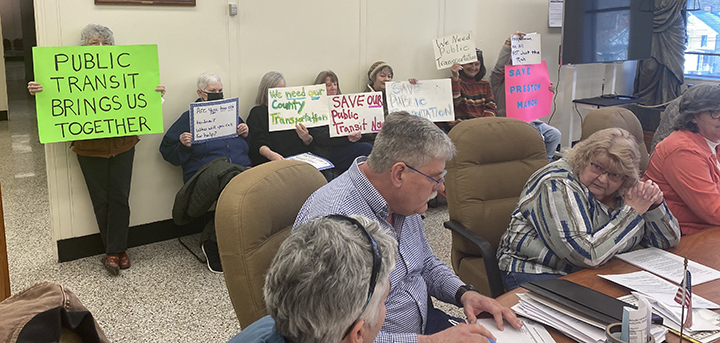Schumer advocates better Internet access
WASHINGTON, D.C. – With New York lagging behind most states, U.S. Senator Charles E. Schumer announced last week his support of legislation that would provide tax breaks and funding to expand broadband and high-speed wireless Internet access to homes and businesses.
New York ranked 31st among all 50 states in the percentage of households with an Internet connection. According to an analysis done by ECC Associates, a consulting firm located in the Southern Tier, roughly 12 percent of homes in New York could not have access to a broadband connection, meaning they could not get high speed service (except for expensive satellite service) if they wanted.
“In an economy that is increasingly reliant on high speed Internet, not having high speed Internet access is like not having air to breathe,” said Schumer during a conference call Wednesday. “With broadband technology the lifeblood of the new economy, it is more important than ever to bring high speed access to underserved communities.”
Schumer backs the bi-partisan Broadband Tax Enhancement Act that passed the Senate Finance Committee last week. The legislation would permit individuals and businesses to deduct from their taxable income costs associated with the installation and connection of broadband and wireless networks in rural or underserved areas.






Comments